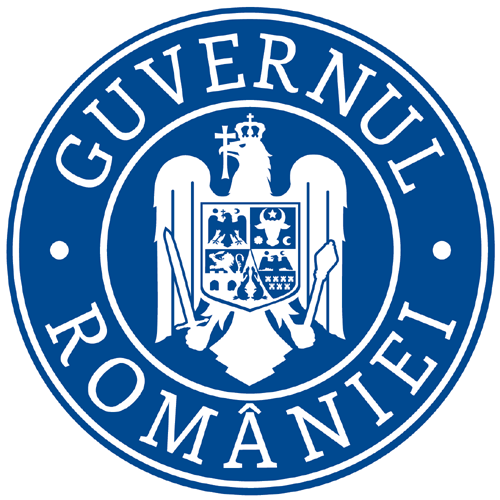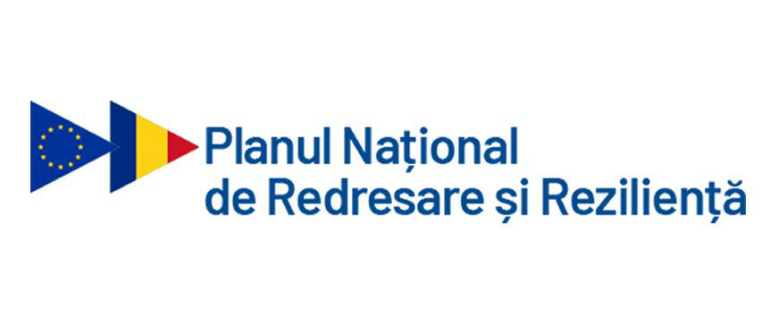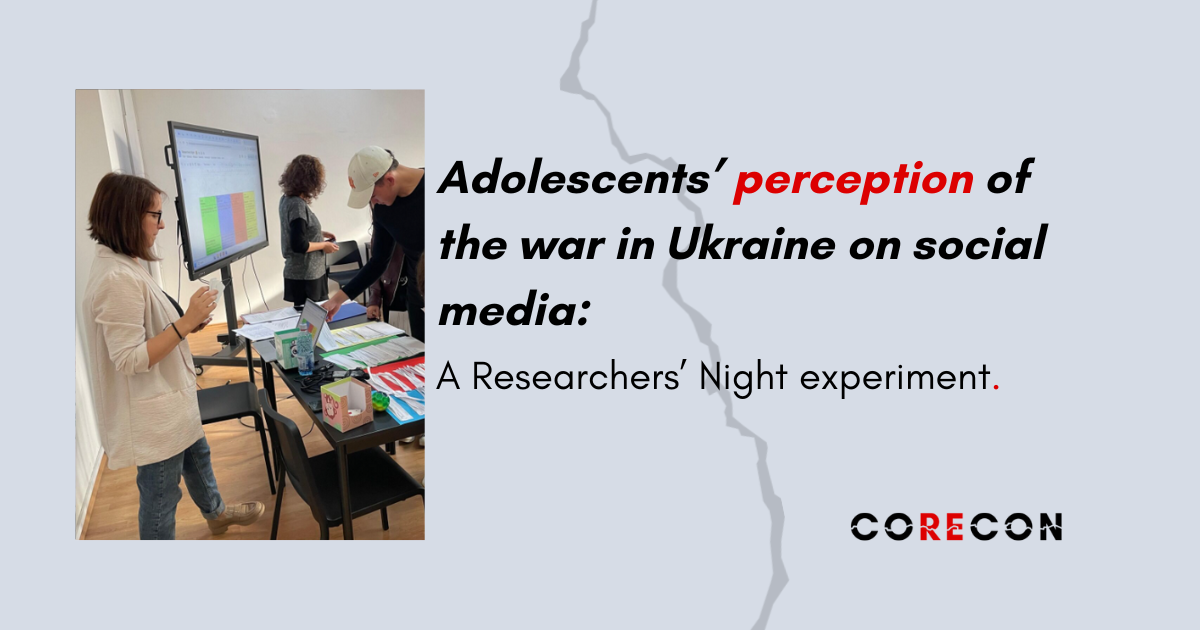Author: grant.corecon@ulbsibiu.ro
-
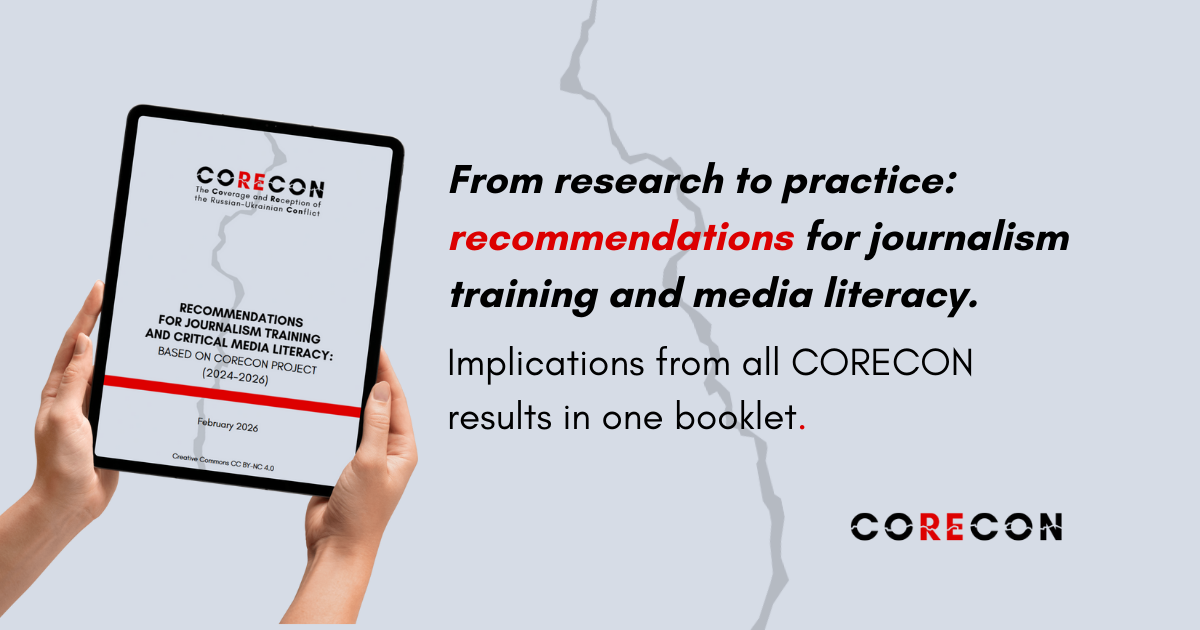
From research to practice: recommendations for journalism training and media literacy. Implications from all CORECON results in one booklet.
This blogpost showcases the recent online publication that is made available as a CORECON output: Recommendations for Journalism Training and Critical Media Literacy: Based on CORECON Project (2024-2026) By early 2026, the CORECON project had spawned over two dozen studies. Some studies are comparative and based on the three language-specific media coverage corpora. Others are…
-
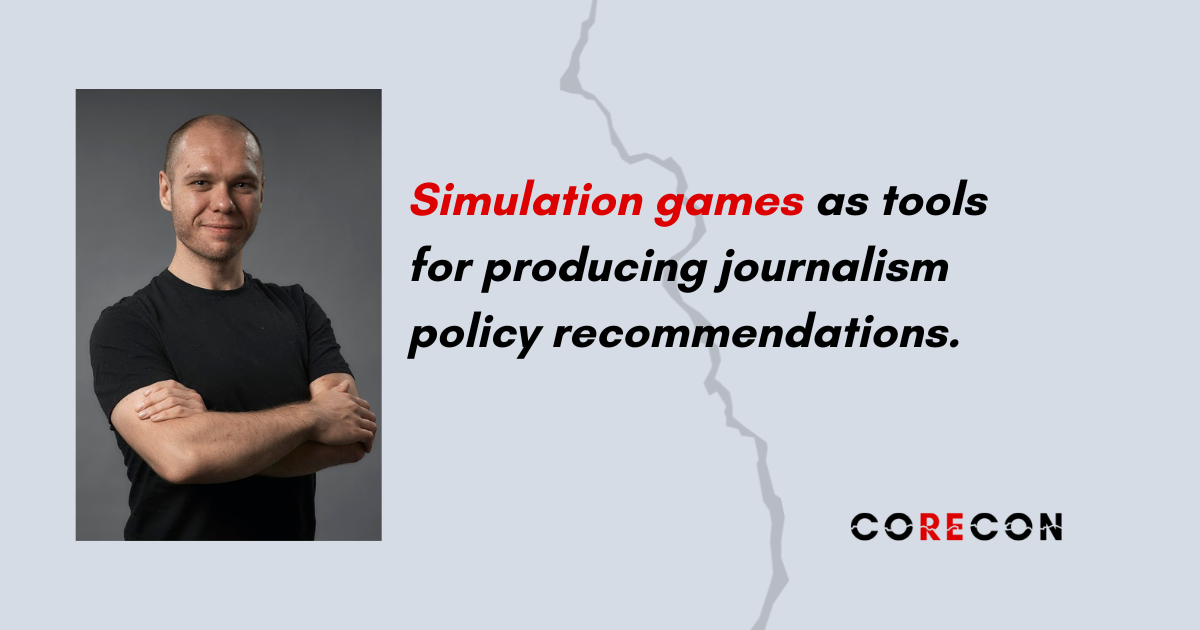
Simulation games as tools for producing journalism policy recommendations
What are the solutions to challenges of journalism in the era of AI? How to improve guidelines, policies, and ethical codes for journalists? Can simulation games help answer these questions? The Polish subteam of CORECON piloted a simulation game in which participants role-played the work of a media outlet. The game was seen as a…
-
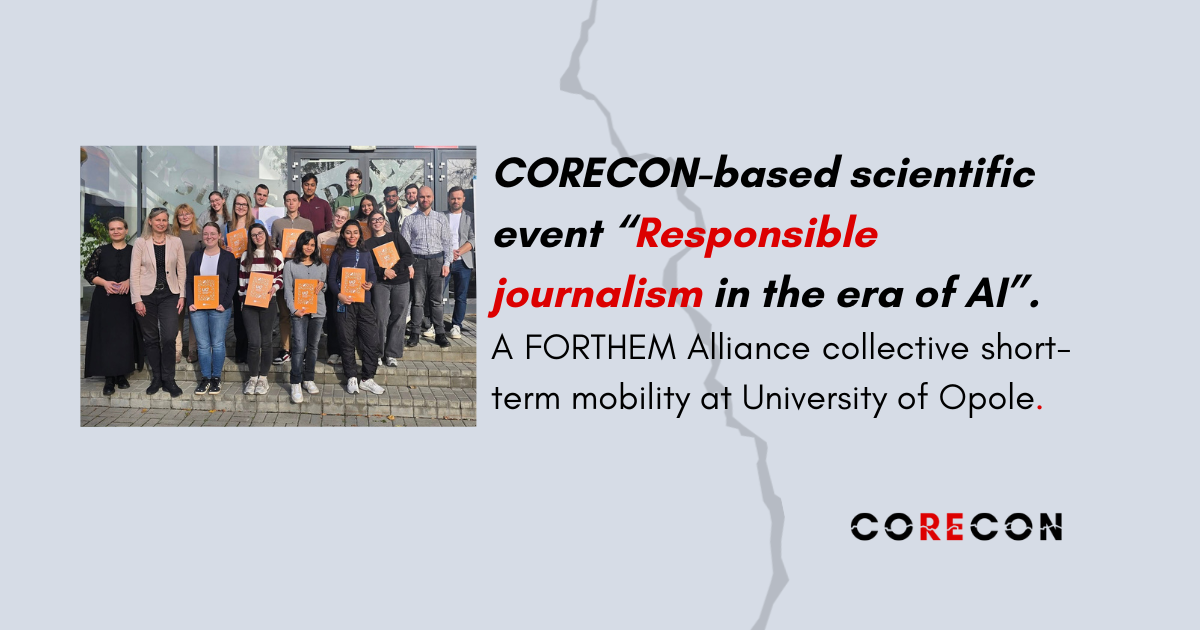
CORECON-based scientific event “Responsible journalism in the era of AI” as a FORTHEM Alliance collective short-term mobility at University of Opole
The event was organized 27-31 October 2025 and brought FORTHEM students of communication together with researchers and practitioners, in order to revisit the notion of responsible journalism in the era marked by rapid technological advancements, particularly the increasing influence of algorithms, AI-powered applications, and big-tech-controlled networking platforms. Context and rationale In the last few years…
-
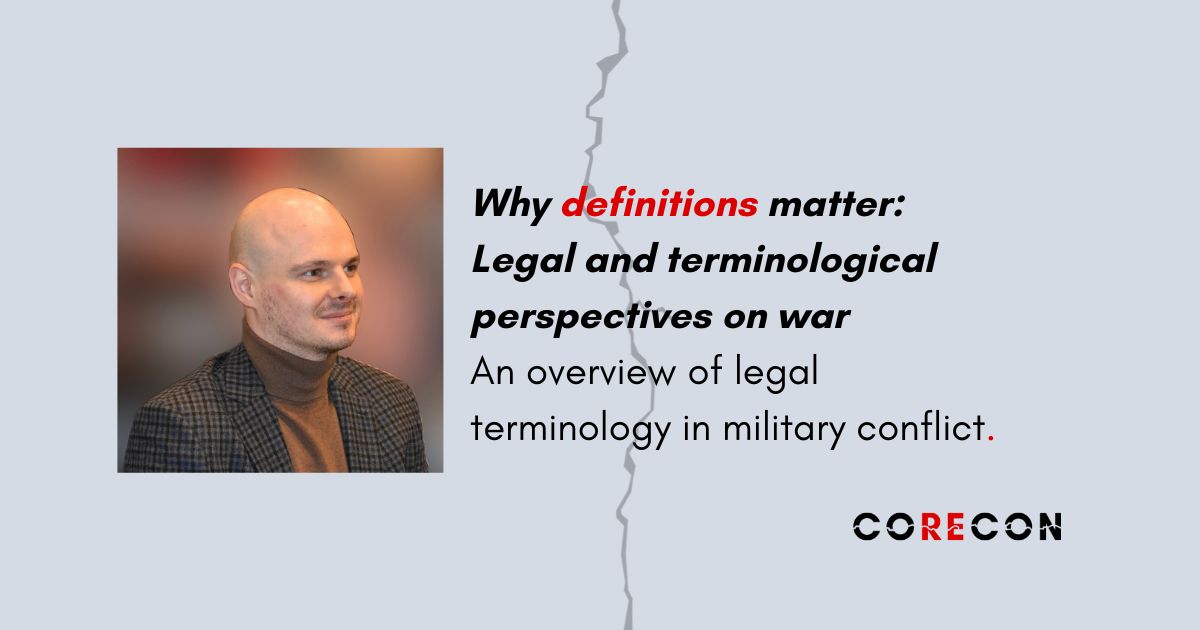
Why definitions matter: Legal and terminological perspectives on war
Since CORECON explores the narratives, discourses, and interpretive frameworks that shape the public understanding of the Russian-Ukrainian conflict, this post looks at the terminological and legal dimensions of war. The way we define war is not only a matter of law but also of media framing and public reception. Concepts like “war,“ “armed conflict,“ “hostilities,“…
-
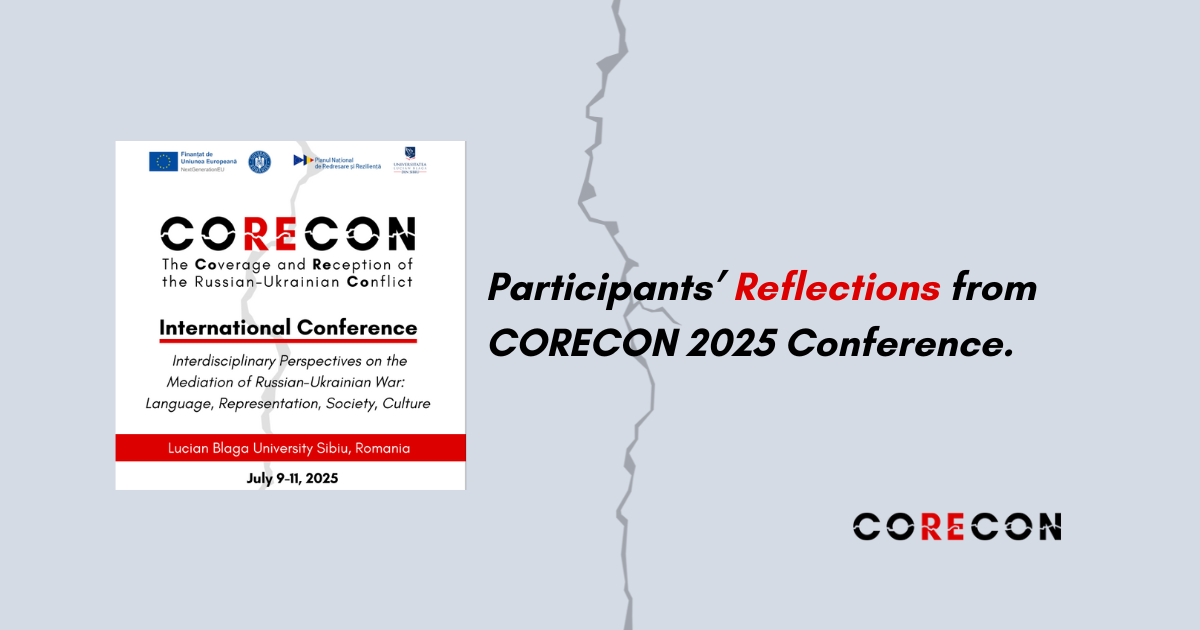
Participants’ Reflections from CORECON 2025 Conference
The CORECON 2025 conference in Sibiu, Romania (July 9–11) brought together scholars from across Europe and beyond in order to reflect on how language, media, and culture mediate the Russian-Ukrainian war (more on the details of the conference concept, keynotes, presentations and participants here) This post offers a complementary perspective: a collective narrative built from…
-
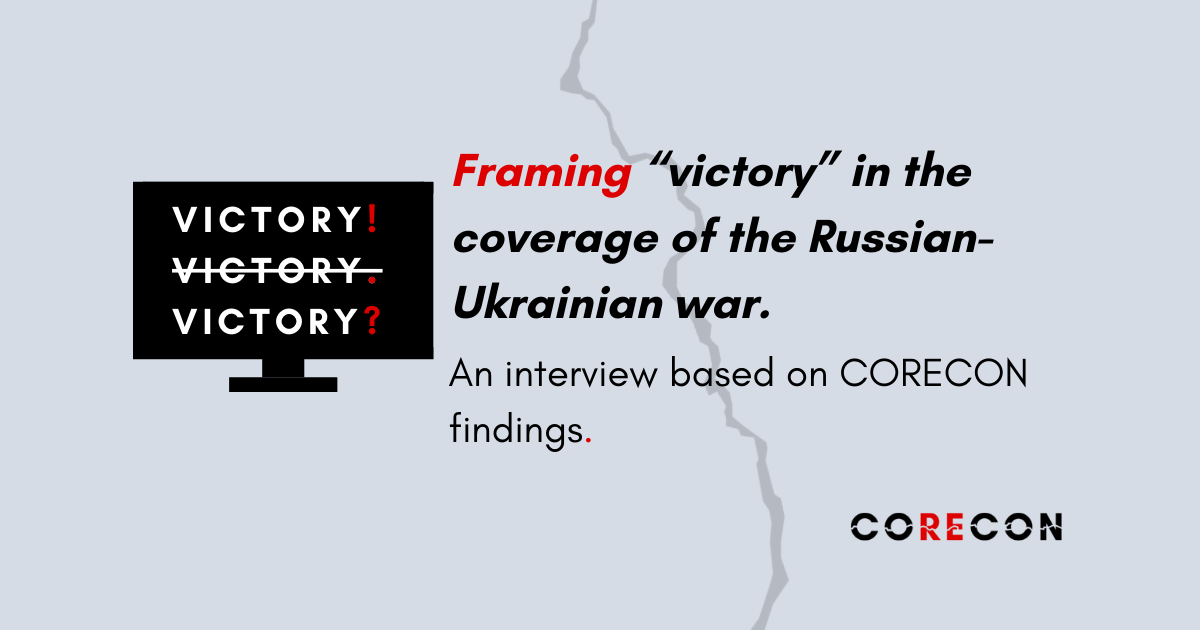
Framing “victory” in the coverage of the Russian-Ukrainian war. An interview based on CORECON findings
Andrii Yaroshchuk is a PhD candidate in Communication at Pompeu Fabra University in Barcelona who took part in the CORECON Conference in early July 2025 and found interesting parallels between his research and the project’s findings. This blogpost reproduces some excerpts from an expert interview he conducted with CORECON research director prof. Katarzyna Molek-Kozakowska, specifically…
-
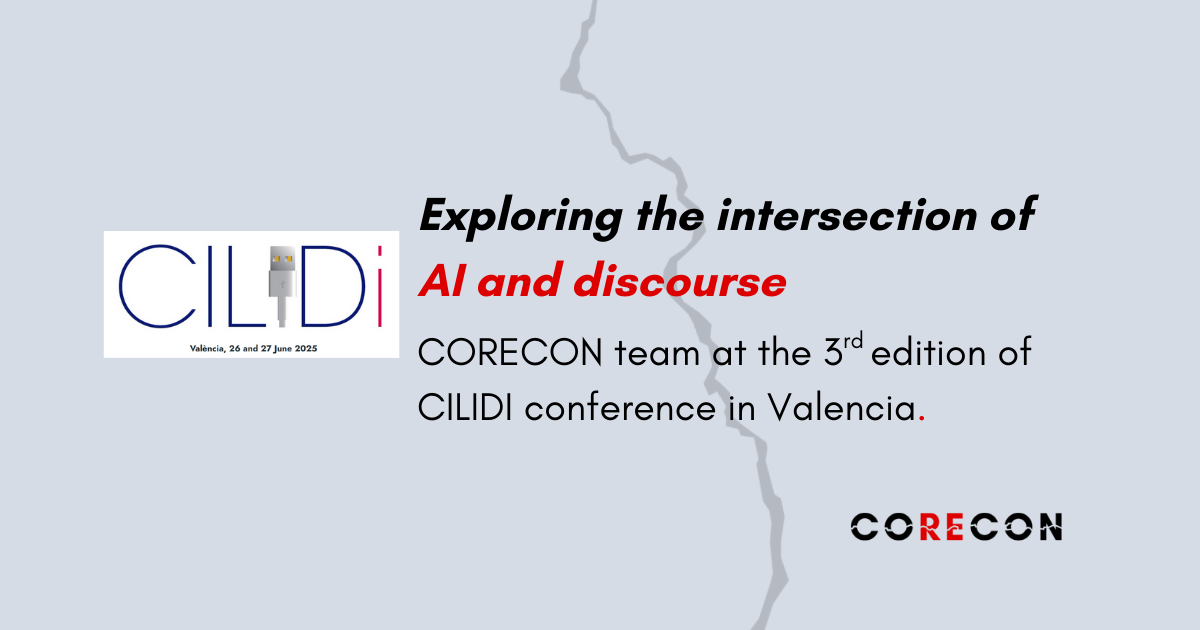
The CORECON Team at the 3rd Edition of CILIDI in Valencia
A part of the CORECON project team participated in the third edition of CILIDI (International Conference on Digital Linguistics), held in Valencia on June 26-27, 2025. Aligned with one of the conference’s core themes – the intersection of technology and discourse analysis – Simina-Maria Terian, Monica Borș, Denisa-Maria Bâlc, Iulia-Maria Ticărău and David Morariu delivered…
-
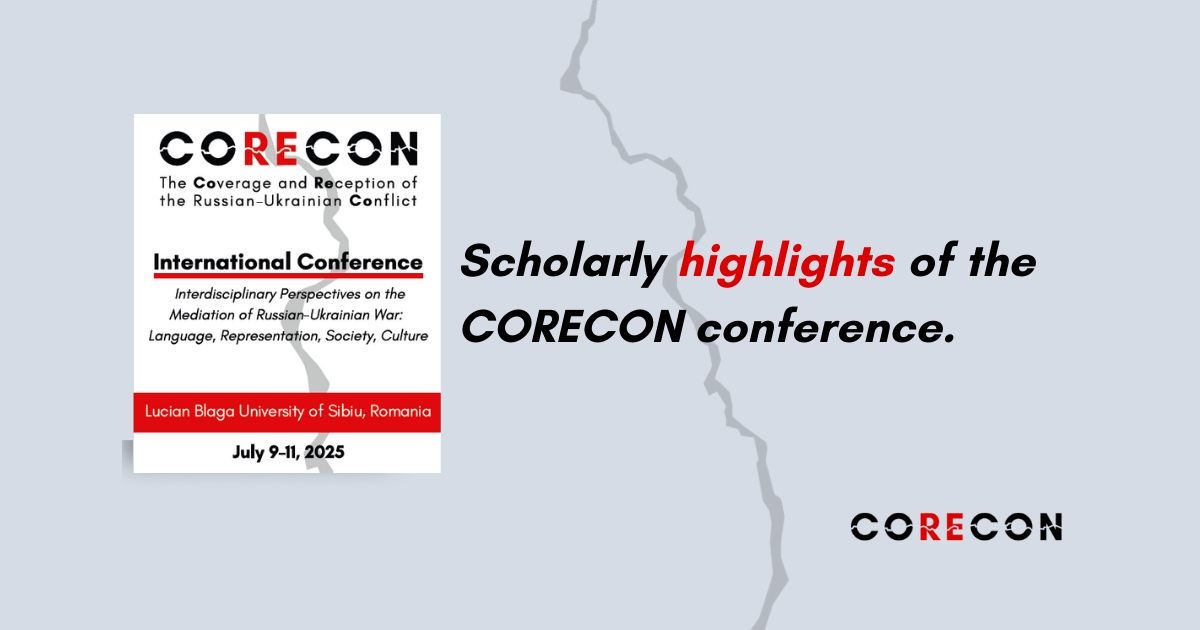
Scholarly highlights of the CORECON conference on July 9-11, 2025
On July 9-11, 2025, University of Lucian Blaga of Sibiu hosted the CORECON key event – the project-related international conference, whose theme was Interdisciplinary Perspectives on the Mediation of Russian-Ukrainian War: Language, Representation, Society, Culture. In comparison to other conferences, its theme was relatively narrow in scope; however, the conference aimed at opening up mediated…

